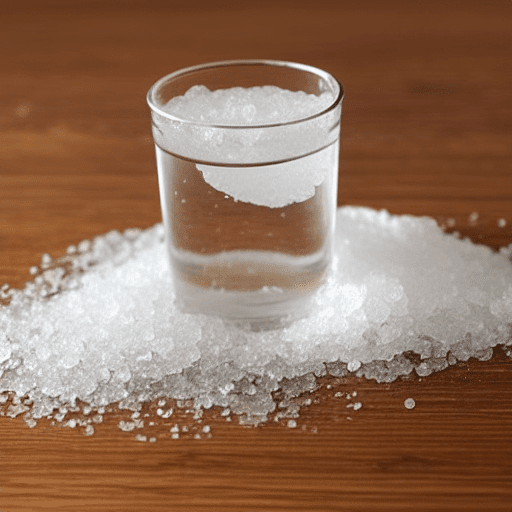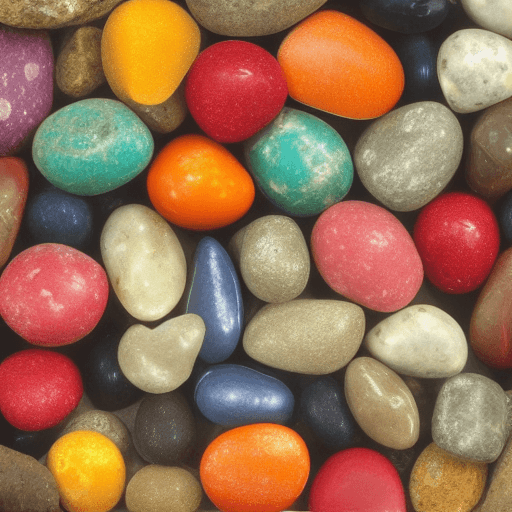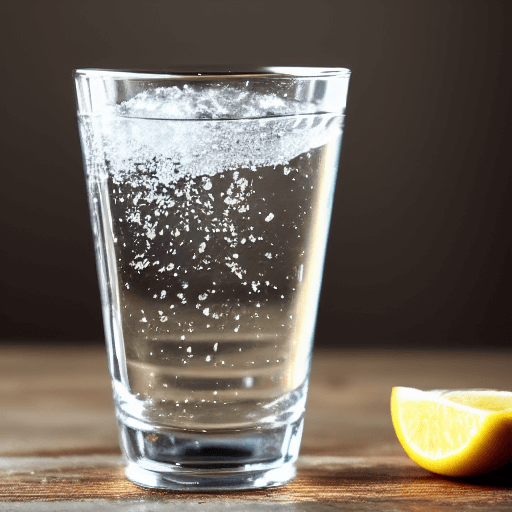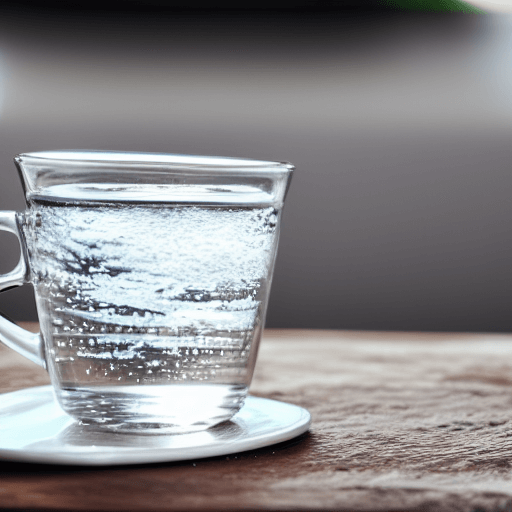Is salt water a heterogeneous mixture?
Let’s explore the question of whether or not salt water is a heterogeneous mixture.
Salt is a substance found all over the world.
It has many applications; adding flavor to food, as a preservative, and as an ingredient in popular foods such as ice cream and candy.
But what many people don’t know is that salt is also found in water.

No, salt water is not a heterogeneous mixture. It is a homogeneous mixture.
Explain It To A Child
Saltwater is not a heterogeneous mixture. In a heterogeneous mixture, the composition is not uniform throughout. Salt water, however, has a uniform composition throughout.
A heterogeneous mixture is one in which the components are not evenly distributed. Saltwater is a homogenous mixture because the salt is evenly distributed throughout the water.
Is salt water a heterogeneous mixture?
Saltwater is not a heterogeneous mixture.
A heterogeneous mixture is defined as a mixture in which the composition is not uniform throughout.
So when tested, different samples of the mixture will have different balances or results.
Salt water, on the other hand, has a uniform composition throughout. This means that salt dissolves completely in water, forming a solution. In a saltwater solution, the molecules of salt are evenly distributed throughout the water molecules.
As a result, salt water has the same concentration of salt no matter where you measure it. Therefore, it is not a heterogeneous mixture.
How is salt water classified as a homogenous mixture?
Saltwater is classified as a homogenous mixture because it is made up of two substances that are evenly distributed throughout the mixture.
The two substances are salt and water.

The salt particles are suspended in the water, and they cannot be seen with the naked eye.
The ratio of salt to water can vary, but for most purposes, salt water is considered to be a 3:1 ratio of salt to water.
Saltwater is sometimes also referred to as a solution.
Solutions are homogenous mixtures that are made up of two or more substances. When the substances in a solution are evenly mixed, they form a single phase.
This means that all of the properties of the solution, such as density and viscosity, are the same throughout the mixture.
Properties of heterogeneous mixtures
A heterogeneous mixture is a type of mixture in which the different components are not evenly distributed.

In other words, each component retains its own individual properties.
An example of a heterogeneous mixture is a fruit salad, in which the various pieces of fruit retain their own distinct flavors and textures even though they are all ‘contained’ in one bowl.
Another type of heterogeneous mixture is a colloid, which is a mixture in which one substance is dispersed evenly throughout another.
An example of a colloid is milk, which is made up of tiny droplets of fat suspended in water.
Heterogeneous mixtures can be either liquids, gases, or solids.
How is salt distributed in water?

When salt is added to water, it does not evenly distribute itself throughout the liquid. Instead, it forms clumps and sinks to the bottom of the container.
The reason for this is that salt is denser than water, so it experiences a greater force of gravity.
Additionally, the molecules of salt are attracted to one another, which causes them to stick together.
This process is known as intermolecular attraction. As the salt continues to sink, the water molecules surrounding it are pushed out of the way.
This creates a space around the salt molecules, known as a hydration shell.
The hydration shell makes the salt molecules more buoyant and prevents them from sinking any further.
Over time, the molecules of salt will eventually be diffused throughout the water, but this process can take some time.
What are the benefits of having a homogenous mixture in salt water instead of a heterogeneous one?
When it comes to salt water, there are several benefits to having a homogenous mixture.
- First of all, it is easier to achieve and maintain a consistent salinity level. This is important because salt water needs to be at a specific salinity level in order to sustain plant and animal life.
- Secondly, a homogenous mixture is less likely to form deposits on surfaces, which can lead to corrosion.
- Finally, a homogenous mixture of salt water is less likely to cause clogging in plumbing and other systems.
While there are benefits to both types of mixtures, a homogenous mixture is generally the preferred option when it comes to salt water.
Therefore, saltwater is not a heterogeneous mixture.
Article Sources
Jacks of Science sources the most authoritative, trustworthy, and highly recognized institutions for our article research. Learn more about our Editorial Teams process and diligence in verifying the accuracy of every article we publish.
